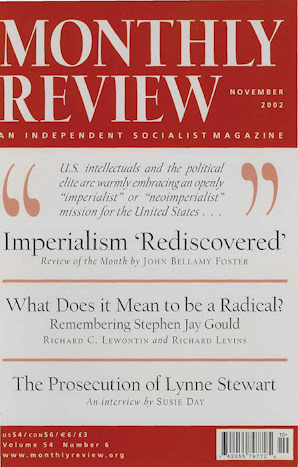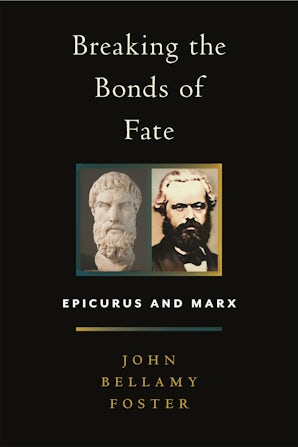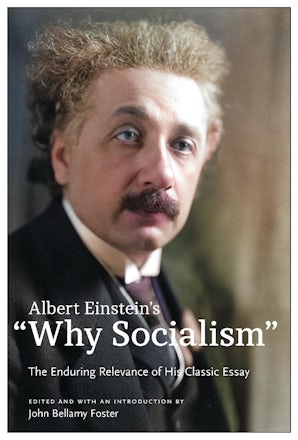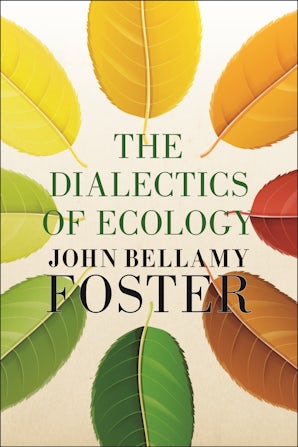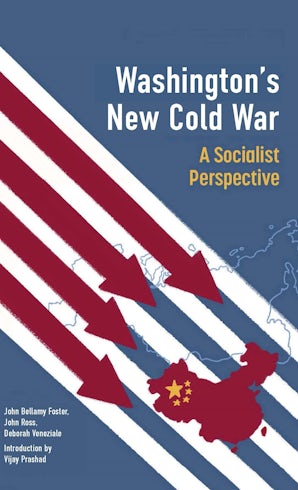Also in this issue
Books by John Bellamy Foster
Breaking the Bonds of Fate
by John Bellamy Foster
Unequal Exchange
by Arghiri Emmanuel
Notes by Charles Bettelheim
Foreword by Torkil Lauesen
Introduction by John Bellamy Foster and Brett Clark
Albert Einstein’s “Why Socialism?"
by Albert Einstein
Edited by John Bellamy Foster
The Dialectics of Ecology
by John Bellamy Foster
Washington's New Cold War
by Vijay Prashad, John Bellamy Foster, John Ross and Deborah Veneziale
Article by John Bellamy Foster
- French Theory in the Intellectual Cold War
- Eco-Marxism and the Reconstruction of Materialist Dialectics
- Western Marxism and the Myth of Capitalism's Adamantine Chains
- Introduction to the Updated Edition of Arghiri Emmanuel's ‘Unequal Exchange’
- Robert W. McChesney (1952–2025): A Personal and Political-Intellectual Memoir
- Eco-Marxism and Prometheus Unbound
- Ecological Marxism in the Anthropocene
- Marx and Communal Society
- ‘Gleichschaltung’ in Nazi Germany
- The Trump Doctrine and the New MAGA Imperialism

